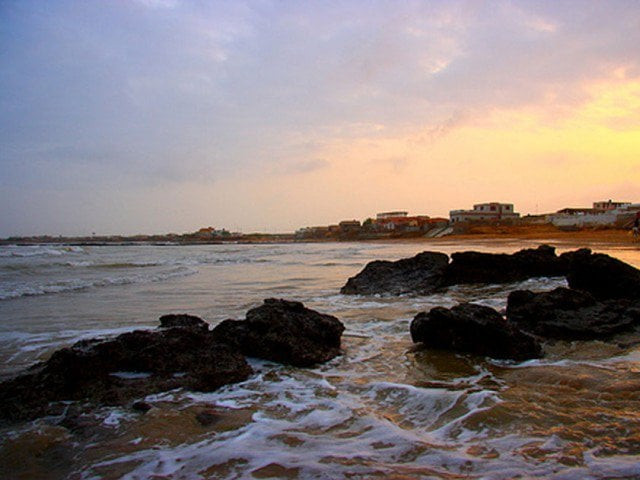WWF-Pakistan, EU join hands to clean Sandspit
300 mangrove saplings also planted during clean-up activity

PHOTO: FILE
“Only 10 rivers around the world are responsible for 85% of the plastic pollution of the oceans. Of these, eight rivers are located in Asia, including River Indus,” said EU Ambassador HE Jean-François Cautain.
DC tells officials to implement smog policy
Speaking at the occasion, Ambassador Cautain said that the EU is committed to increasing awareness about plastic waste and its impact on marine life and the environment. The single-use plastic initiative is part of the EU’s broader Circular Economy agenda, including the world’s first Plastics Strategy, an EU-wide drive towards a more sustainable, circular economy.
As part of the Plastics Strategy, the EU has committed itself to look into further action to address marine litter that builds on the efforts underway in EU member states. He said, “The problem of marine litter is global by nature as it moves in the marine environment and adversely affects marine life.”
More than 70 volunteers from WWF-Pakistan and EU participated in the event. A total of 300 mangrove saplings were also planted while 100 bags of garbage were collected by the participants.
WWF-Pakistan Regional Head for Sindh and Balochistan Dr Babar Khan informed that Pakistan is among the top ten countries affected by climate change and one of the simplest actions citizens can take is to help increase the forest cover of the country, one tree at a time.
“Turtles maintain the health of the sea and removing them from the waters negatively impacts the marine ecosystem,” Dr Khan said. According to an estimate, there are more than 3,000 turtle nests on Sandspit.
He said that in recent years the area has become more vulnerable due to beach developmental activities, encroachments and other threats. The major threat to the marine turtles at the beach includes pollution, particularly plastic, rubber, glass and leather, that interferes with their nesting cycle. He called for the control of unauthorised dumping of garbage at beaches and appreciated the EU for taking the lead in the clean-up drive that aimed to conserve the declining population of green turtles.
Community-based recycling to help in waste management
It is estimated that around 450 million gallons of untreated waste from industries in the city enters the Arabian Sea every day.
According to Dr Khan, the sea turtles that come for nesting to the Sandspit beach are affected by the plastic items as they mistake it for food and ingest, choke and then die.
Published in The Express Tribune, September 29th, 2018.



















COMMENTS
Comments are moderated and generally will be posted if they are on-topic and not abusive.
For more information, please see our Comments FAQ